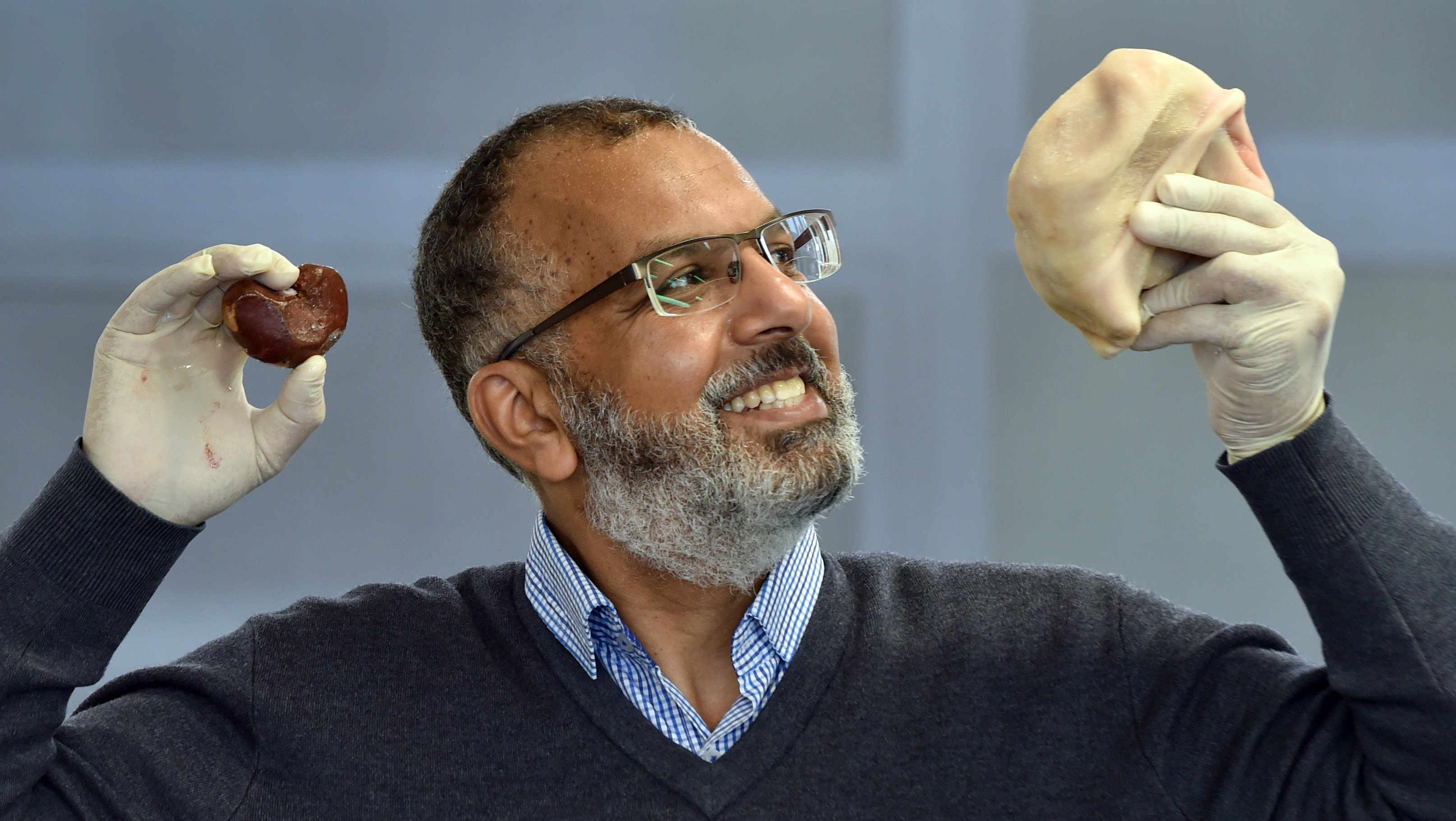
Don’t choke at the suggestion; meat co-products, better known as offal, are protein-rich and food scientist Associate Prof Aladin Bekhit, from the University of Otago, believes consumers are missing out on "wonderful nutrients" by turning their noses up at them.
A recent study, supervised by Prof Bekhit, investigated the macronutrient composition of sheep heart, kidney, liver, skirt, stomach, testis, tail and pizzle.
Protein content ranged from 10.2%-28.8% and the pizzle (an animal’s penis) was found to have one of the highest levels.
Prof Bekhit, who grew up in the Middle East, said co-products were very popular both there and in other parts of the world.
"But here in New Zealand, everybody is scared even to touch them.
"The new generation have an image ‘this is part of something that was alive and I don’t want to touch it’.
"If you talk to grandparents, it was a very common thing to eat. Consumer perception has changed over time.
"I find it very hard to digest — not the organs — the argument people nowadays ... they are willing to eat insects and material grown in labs and leave this natural, very nutritious product untouched. It’s crazy," he said.
He told his students not to be afraid of organs from New Zealand animals.
Both the food safety and the nutrition of them was confirmed and it was now about starting to think about making such products part of meals.
"It’s about creating value off what we perceive is not really important but does have value."
Consumption of co-products could be simply through a ground-up powder version of the dried organs - then "nobody can see anything" - and he believed there was a big market.
With some "out-of-the-box" thinking, Prof Bekhit believed virtually every part of a sheep could be consumed - even its wool - contributing to food sustainability and security.
For 10 years, he had been involved on a project looking to convert wool, which was about 90% protein, into edible wool which would make sheep the "perfect animal".
Prof Bekhit felt the New Zealand meat industry had "bowed down" to plant-based protein and not taken its own action, which he found puzzling.
The fact companies were trying to make plant-based "meat" showed meat was popular and people liked it.
"Why ... mimic something that is already there?"
New Zealand had a long history of sheep farming and the technology was there. "Suddenly we want to give up all that and start looking at something from scratch," he said.
"I think farmers are really the heroes here. They do amazing work," he said.













